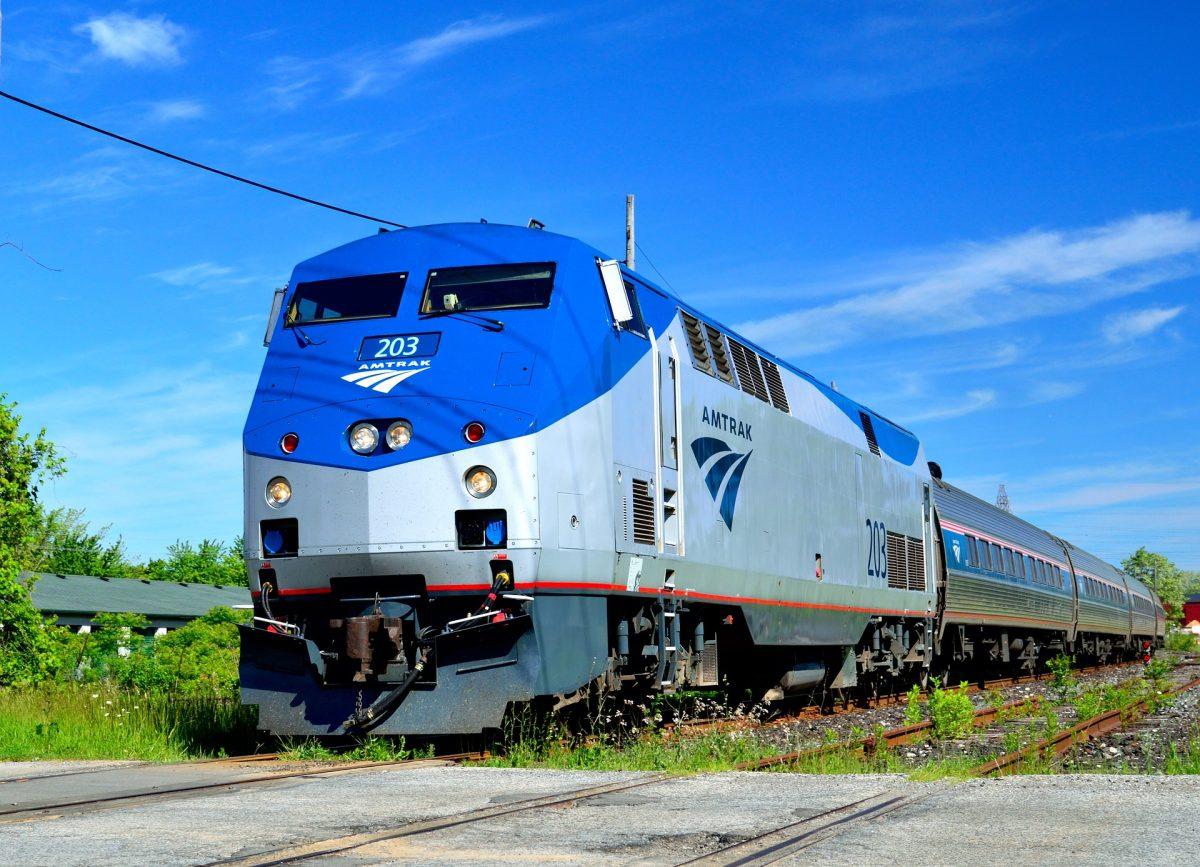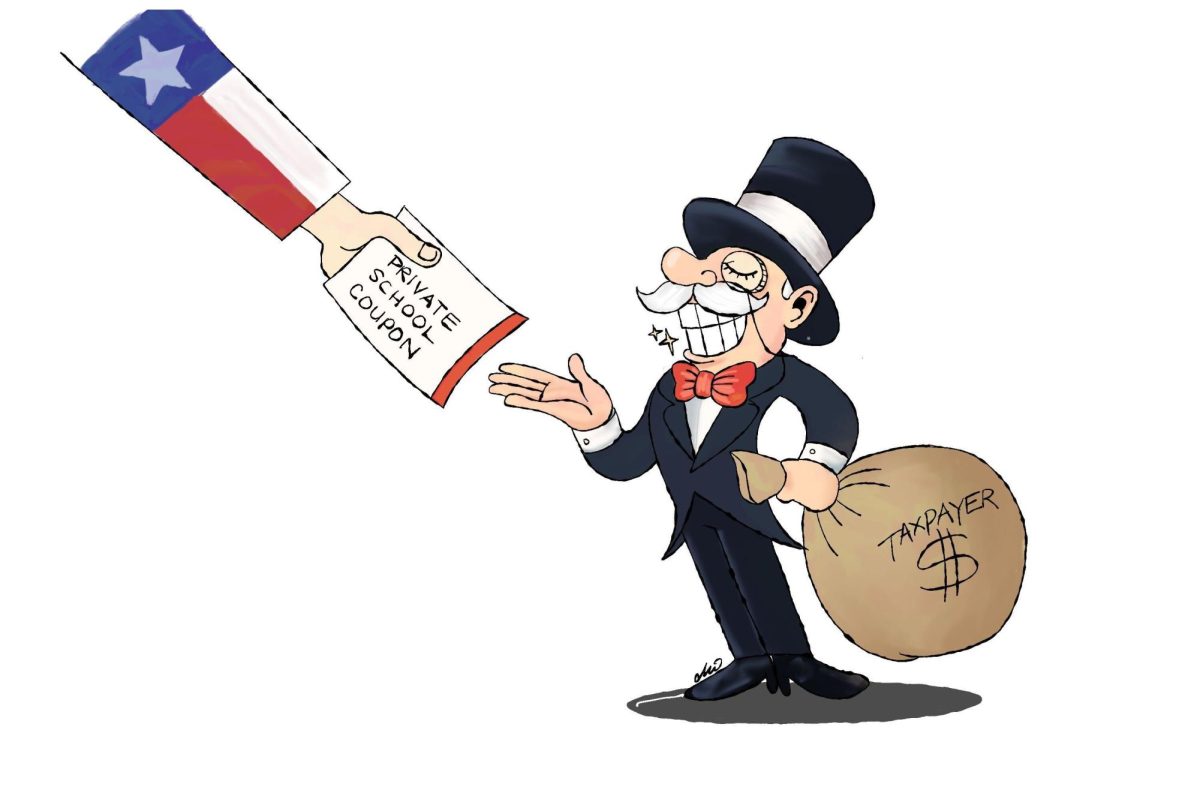We college students are no strangers to rising costs — whether that be tuition, rent or gas. With the national inflation rate increasing to over 7% over the past year, the last thing we need is more expenses on top of everything else we already have to pay. The newly-proposed Texas Public Utility Commission, or PUC, power grid redesign would do just that, needlessly raising utility costs for all Texans while failing to address the state’s power grid issues.
Every Texan remembers the fateful Winter Storm Uri in Feb. 2021 and the unprecedented power grid failure that left nearly 70% of the state without electricity. In the wake of that statewide fiasco, the Texas PUC requested a report from E3, a California-based consulting firm, to analyze the current grid system as well as produce and test potential reforms.
The PUC intends on implementing one of E3’s recommendations in particular: the performance credit system. This system is designed to incentivize energy companies to increase their production and capacity during periods of peak demand. Basically, the state government would reward power-generating companies a whole year in advance with “credits” if they planned on generating more energy during these high demand periods. Energy providers must then purchase these credits from those generating companies based on how much energy they plan on utilizing.
There are numerous structural flaws to the performance credit mechanism. First and foremost, it’d be incredibly costly to consumers, to a tune of $460 million dollars annually, according to an outside analysis of the PUC reforms. The increased cost would inevitably be passed onto consumers. To students like me, it would be an additional financial strain on top of school.
Shockingly, the E3 report’s credit mechanism plan doesn’t even account for extreme weather conditions, which is what caused the grid’s failure in the first place. This is troubling because it ultimately means the mechanism fails to guarantee that energy generators will actually be able to deliver on their promised capacity during a period of high demand resulting from extreme weather, despite being given credits by the government beforehand.
It also means Texans would be essentially paying for energy long before actually being able to determine whether that energy will be needed or not. It’s like paying for your groceries months in advance, not knowing whether your preferences will have changed by then or if the products will even be available.
This overhaul of the grid market could also prove to be disastrous because it would deter investment into renewable energy. Since renewable sources have a lower capacity in comparison to traditional energy sources, the credit system would make renewable energy less attractive for immediate investment. As of Dec. 2022, Texas leads the nation as the number one producer of wind energy. Wind and solar have been of great value to Texans by saving us approximately $11 billion in our utility costs and being a vital source of clean energy. Implementing this mechanism would reverse all the progress Texas has made on the renewable energy front.
By redesigning the grid market into a credit system, the government would be picking winners and losers in the energy industry, with renewable energy being the undeniable loser. This would be a let down to countless Texans and Aggies who care about the future of our state and our ability to protect it through cleaner energy sources.
Any redesign of the state grid should work in the best interest of Texans. This entails a grid market where the government isn’t disincentivizing investment into renewable energy or paying for energy we won’t even use. The Texas Legislature must carefully scrutinize this performance credit mechanism redesign, as it will be costly, ineffective and even counterproductive to our state’s long-term energy goals. Aggies already have enough bills to contend with; it would be reprehensible for the PUC to ultimately jack up our utility bills by moving forward with this flawed proposal.
Gabe Avritscher is an economics freshman and is the president of the American Conservation Coalition at Texas A&M. He can be contacted at gabeavritscher@tamu.edu.
Opinion: Aggies can’t afford the Public Utility Commission’s proposed reforms
January 26, 2023
Photo by Photo courtesy of Karly Matthews
A head shot of Gabe Avritscher who wrote a piece about the proposed Public Utility Commission reforms and the trickle-down effect on Aggies.
0
Donate to The Battalion
$2065
$5000
Contributed
Our Goal
Your donation will support the student journalists of Texas A&M University - College Station. Your contribution will allow us to purchase equipment and cover our annual website hosting costs, in addition to paying freelance staffers for their work, travel costs for coverage and more!
More to Discover






















